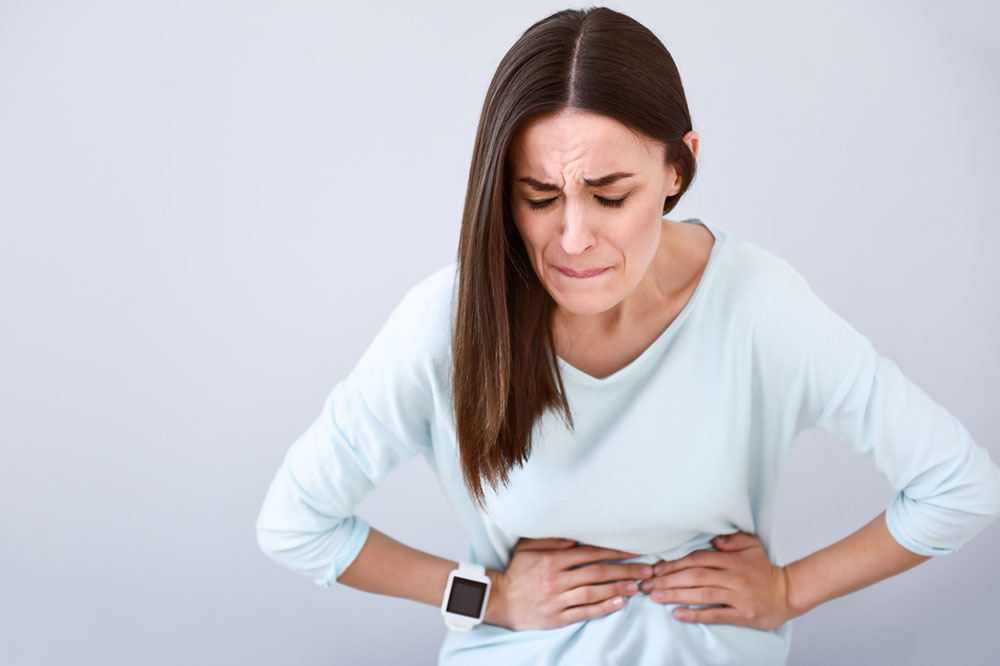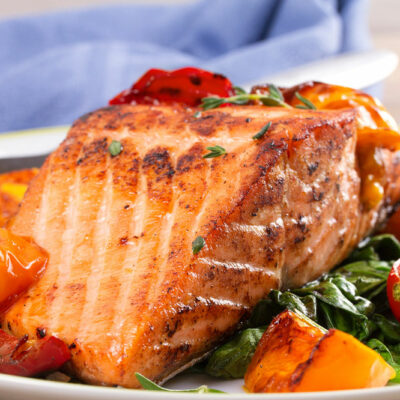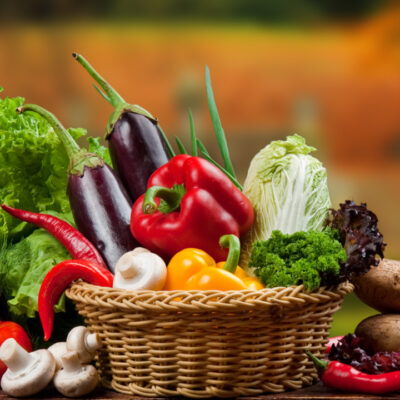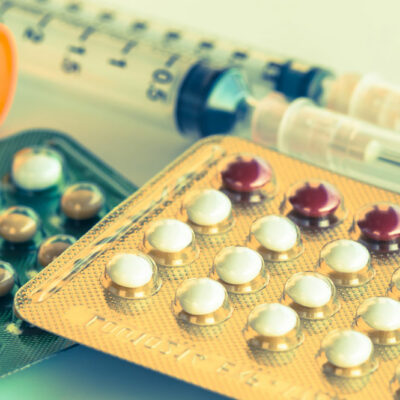
Foods to Eat and Avoid for Overactive Bladder
An overactive bladder is a condition in which there is a frequent and sudden urge to urinate. This urge occurs as the bladder muscles contract even though the bladder is not full. This condition is considered to be quite common, affecting about 33 million Americans. There are a number of ways that you can manage this condition effectively and one of them is by following a diet for overactive bladder. Listed below are the foods to eat and avoid if you have been diagnosed with an overactive bladder.
Foods to eat: Eating a healthy balanced diet will help you to manage your weight and prevent additional pressure from the abdomen on the bladder.
- Fruits and vegetables: These are foods that should be included in the diet for overactive bladder. However, you should avoid acidic and citrus fruits and vegetables that can irritate the bladder and aggravate symptoms of your condition. Some of the fruits that you can enjoy are bananas, apples, coconut, watermelon and berries such as blackberries and strawberries. Increasing your vegetable intake is essential to prevent constipation, which can put pressure on the bladder. Hence, incorporating carrots, lettuce, peppers, kale, celery, and in your diet might be beneficial.
- Foods rich in fiber: Including fiber in your diet will help prevent constipation, which is vital for recovery. Therefore, in your diet for overactive bladder, you can include lentils, beans, oats, bran, barley and nuts such as almonds.
- Lean protein: Protein is good for your overall health, and you should include protein sources such as fish, chicken, eggs and tofu in your diet. However, be careful how you cook them and avoid irritants such as readymade sauces and excess salt. You can use fresh herbs to add flavor.
Foods to avoid: A few foods and beverages can trigger or aggravate the symptoms of the condition, and their consumption should be limited or restricted in the diet for overactive bladder. Some of these are:
- Carbonated drinks, including sparkling water
- Caffeinated beverages such as coffee, tea, and energy or sports drinks that contain caffeine as these work as a diuretic and increase the release of water in urine.
- Citrus fruits
- Acidic items such as tomatoes and tomato-based products, this includes ketchup and sauces
- Spicy foods
- Avoiding packaged foods is also recommended as these contain artificial flavorings, preservatives, and sugar or sugar substitutes that can increase the symptoms of overactive bladder.
- Gluten-rich foods: Items made from wheat, rye and barley should also not be a part of the diet for overactive bladder, especially if you have celiac disease or are gluten intolerant.
Keep these foods to eat and avoid if you have been diagnosed with overactive bladder. You can consult your doctor and formulate a diet plan that provides you with all the nutrients that your body needs to recover properly.


